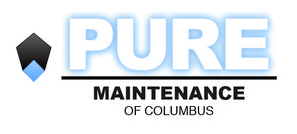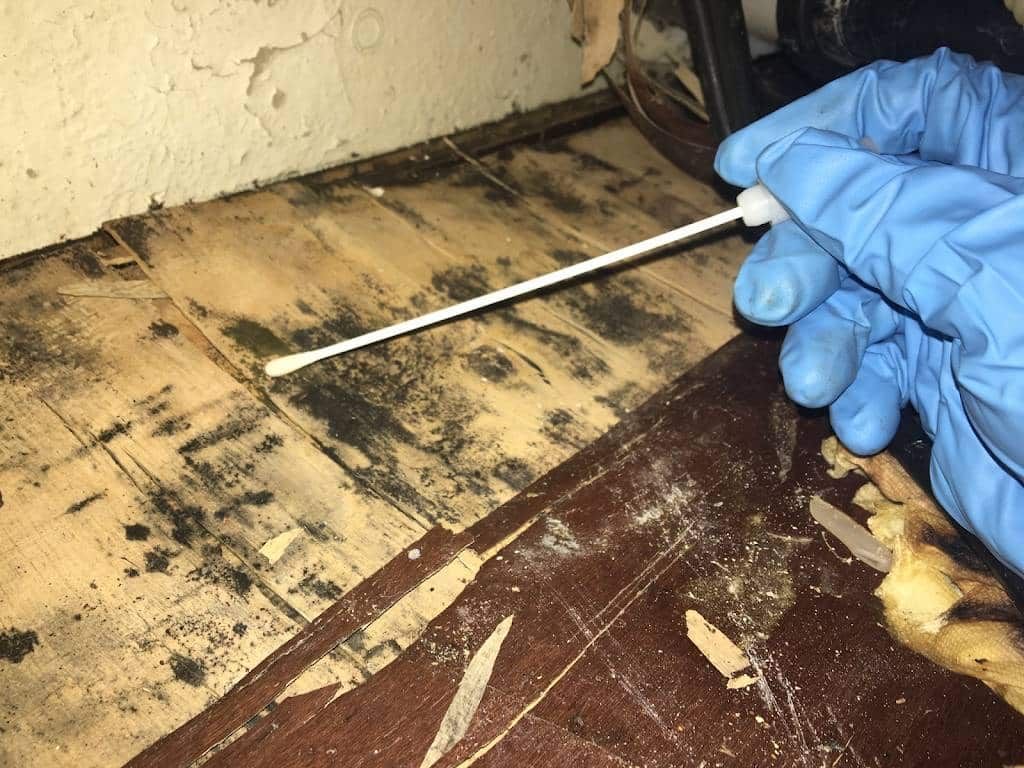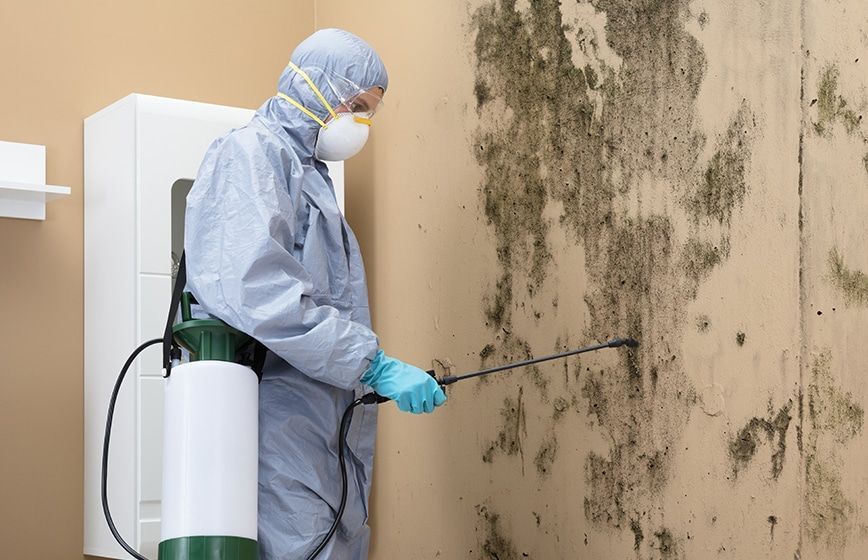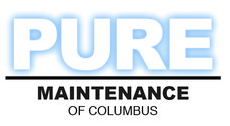How Often Should You Schedule Mold Inspections for Your Home?
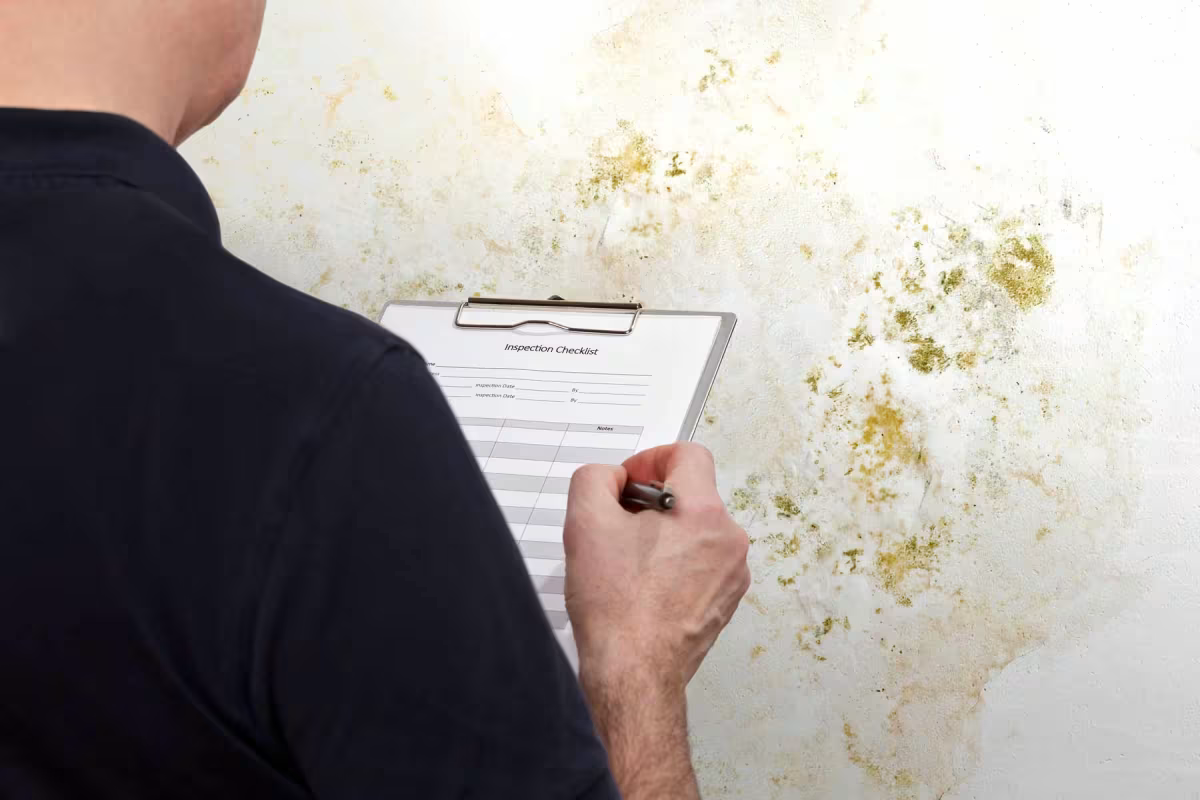
Mold is a silent invader that can wreak havoc on your home and health if left unchecked. Regular mold inspections are crucial for maintaining a safe and healthy living environment. But how often should you schedule these inspections? Let's explore the factors that determine the ideal frequency for mold inspections in your home.
Understanding the Importance of Mold Inspections
Before we dive into the frequency, it's essential to understand why mold inspections are vital.
Health Implications of Mold
Mold exposure can lead to various health issues, including:
- Allergic reactions
- Respiratory problems
- Skin irritation
- Chronic fatigue
Structural Damage
Unchecked mold growth can cause:
- Wood rot
- Drywall deterioration
- Compromised structural integrity
Factors Influencing Mold Inspection Frequency
Several factors determine how often you should schedule mold inspections:
1. Climate and Humidity Levels
Homes in humid climates or areas prone to moisture are at higher risk for mold growth and may require more frequent inspections.
2. Age and Condition of Your Home
Older homes or those with a history of water damage may need more regular inspections.
3. Previous Mold Issues
If your home has had mold problems in the past, more frequent inspections are advisable.
4. Presence of High-Risk Areas
Homes with basements, crawl spaces, or poor ventilation may benefit from more regular checks.
Recommended Mold Inspection Schedule
Based on the factors above, here's a general guideline for mold inspection frequency:
For Low-Risk Homes
- Annual inspections are typically sufficient
For Medium-Risk Homes
- Bi-annual inspections (every 6 months) are recommended
For High-Risk Homes
- Quarterly inspections may be necessary
Signs You Need an Immediate Mold Inspection
Regardless of your regular schedule, certain signs warrant an immediate mold inspection:
- Visible mold growth
- Musty odors
- Recent water damage or flooding
- Unexplained allergic symptoms
DIY Checks vs. Professional Mold Inspections
DIY Mold Checks
While regular self-checks are important, they have limitations:
- Limited to visible areas
- May miss hidden mold growth
- Lack of professional equipment
Professional Mold Inspections
Professional inspections offer several advantages:
- Thorough examination of hidden areas
- Use of specialized equipment (e.g., moisture meters, thermal imaging)
- Expert analysis and recommendations
The Professional Mold Inspection Process
Understanding what a professional inspection entails can help you appreciate its value:
- Visual assessment of the entire property
- Moisture mapping
- Air quality testing
- Surface sampling (if necessary)
- Comprehensive report with findings and recommendations
Advanced Techniques Used by Professionals
Professional mold inspectors employ cutting-edge methods:
- Infrared cameras for detecting hidden moisture
- Air sampling devices for spore count analysis
- Borescopes for examining wall cavities
Choosing the Right Mold Inspection Service
When selecting a mold inspection company, consider:
- Certifications and qualifications
- Experience in mold detection
- Use of advanced technology
- Customer reviews and testimonials
Why Choose Pure Maintenance Columbus
At Pure Maintenance Columbus, we offer comprehensive mold inspection services tailored to your home's specific needs. Our certified inspectors use state-of-the-art technology to detect mold growth, even in hidden areas, ensuring your home remains safe and healthy.
Conclusion
Regular mold inspections are a crucial part of home maintenance. While the frequency may vary based on your home's specific circumstances, annual to bi-annual inspections are generally recommended for most homes. Remember, early detection through professional inspections can save you from costly repairs and potential health issues down the line. Trust Pure Maintenance Columbus to keep your home mold-free with our expert inspection services.
